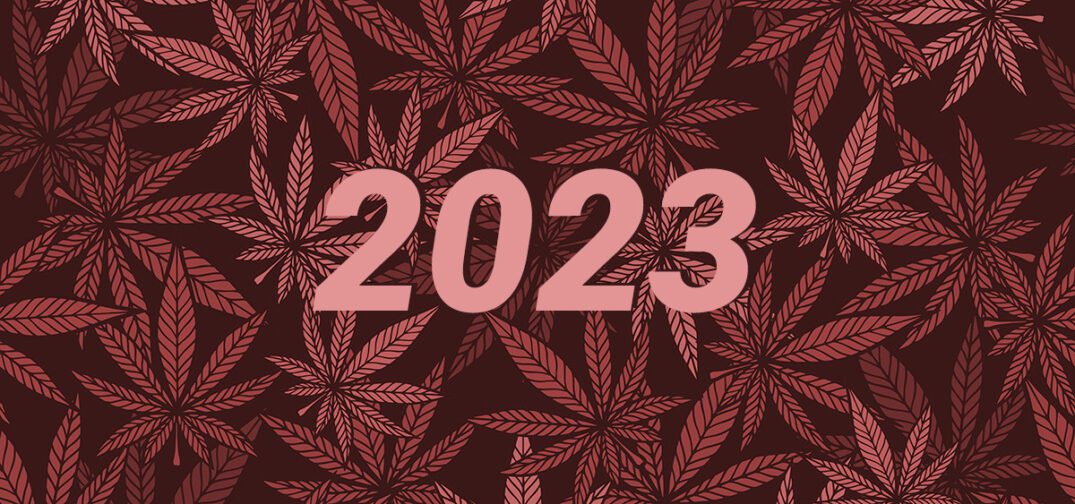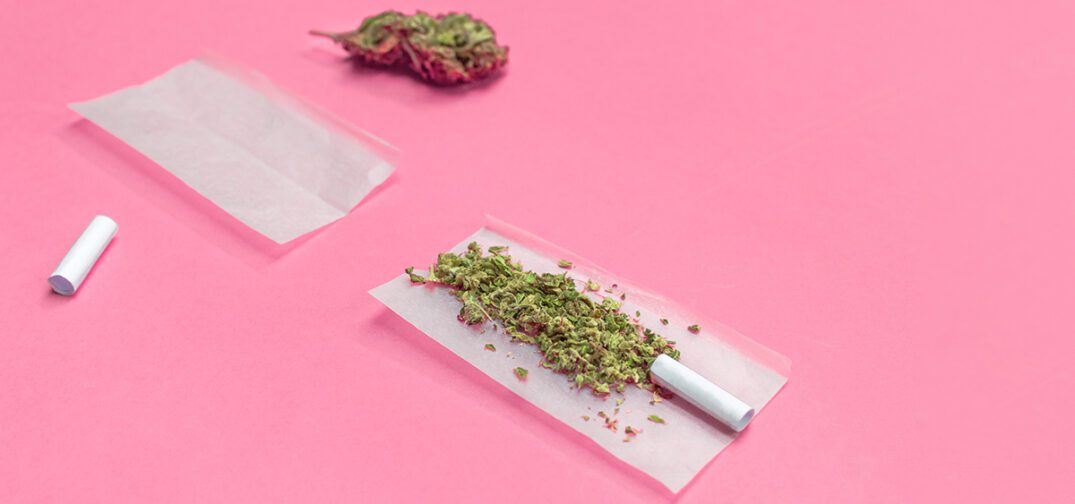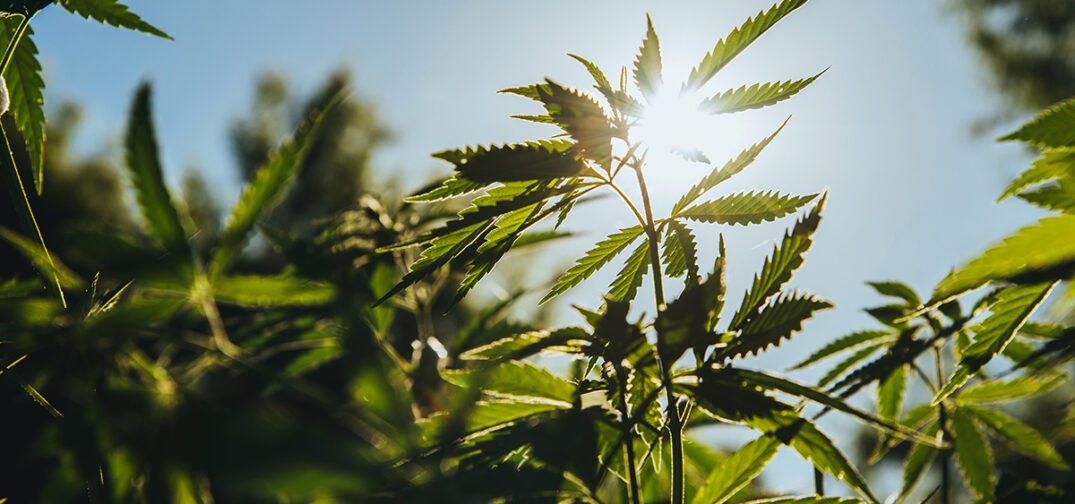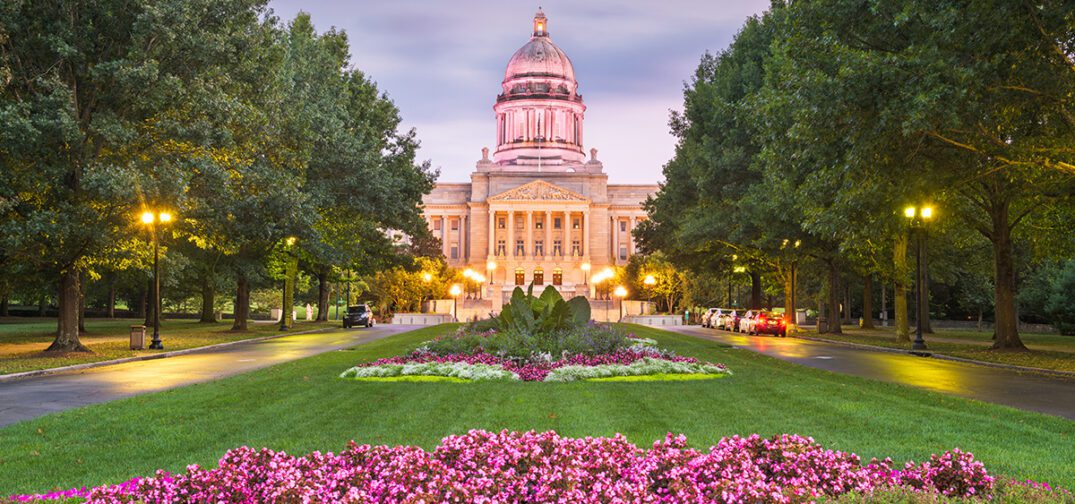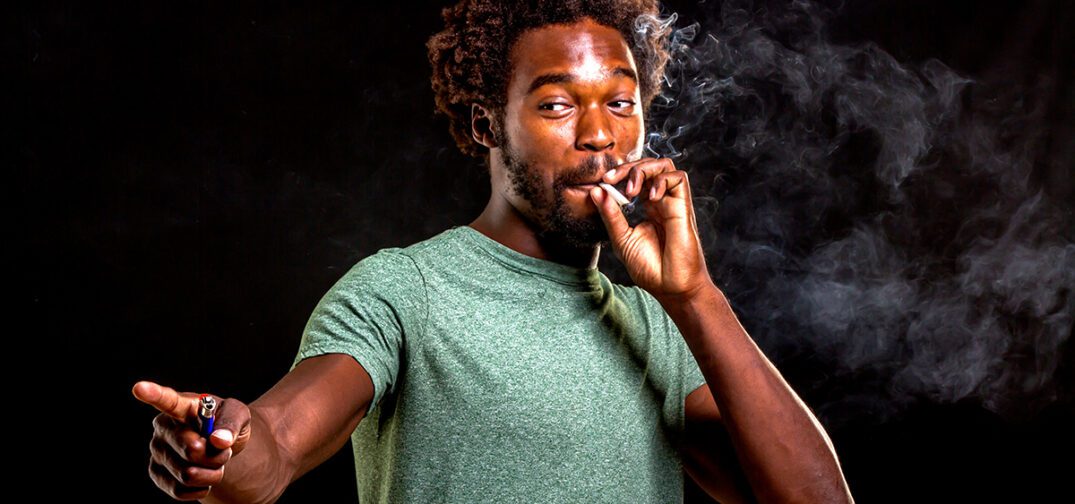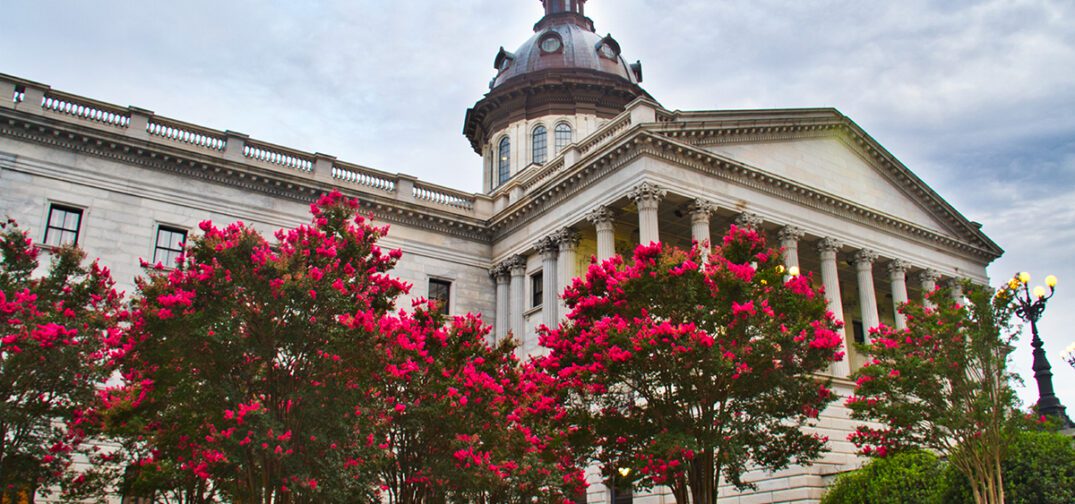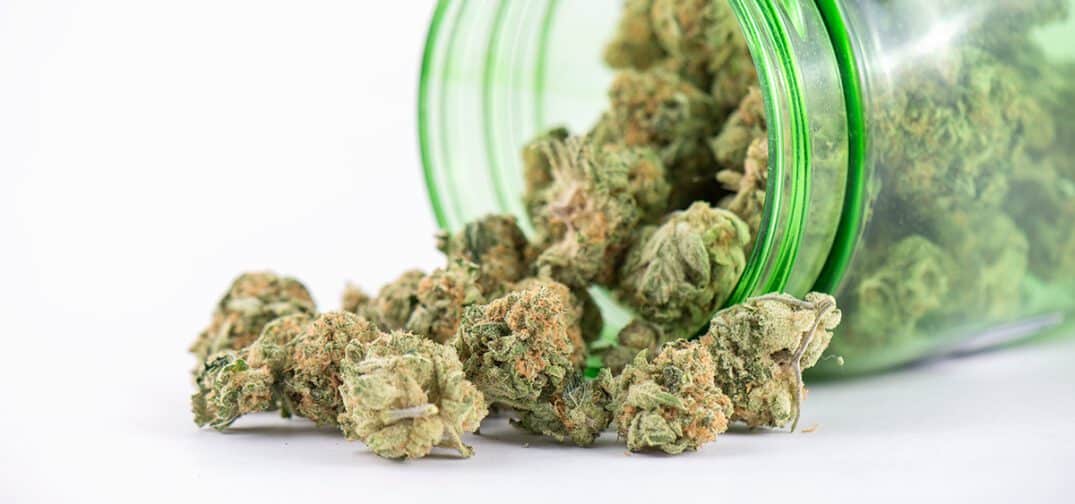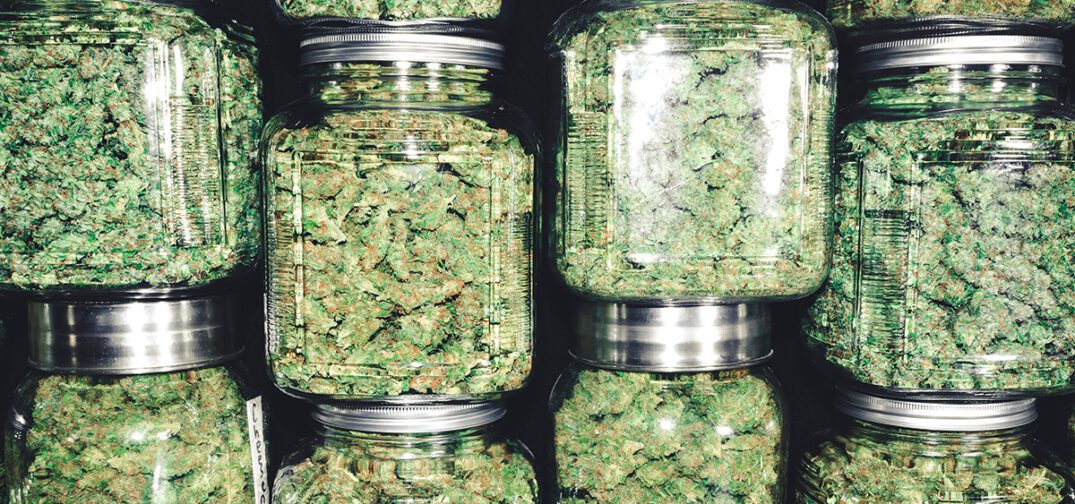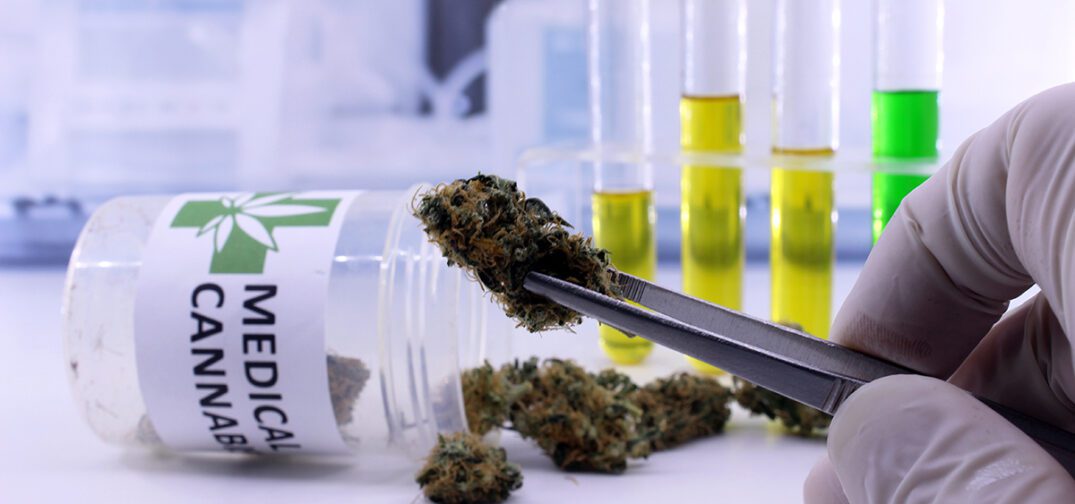Between a host of new cannabis industry inventions, the first-ever federally approved cannabis reforms bill, and President Biden’s landmark step of pardoning all federal cannabis possession charges — and calling on governors around the U.S. to follow suit — 2022 was an important year for cannabis reforms and the growth of the cannabis industry.
But despite these exciting successes and developments, the industry is poised to have an even more incredible year in 2023. So we asked a wide group of cannabis experts, entrepreneurs, and other professionals to weigh in with their predictions for the industry next year. This is the first installment of our 2023 Cannabis Industry Predictions series: scroll down for the reactions and predictions we received from cannabis retail, marketing and branding, CPG, and education specialists.
And stay tuned for Parts 2, 3, and 4 coming later this month!
Advertising

Mark Kuhn, CEO of Oat Foundry LLC
“More states will legalize recreational use and it will become more and more important for dispensaries to differentiate with not only new and exciting products, but also beautiful and engaging experiences for their customers (Armed guards? Bars on windows? come on!). Similarly, we will see a wider adoption of terpene data by inventory management and POS systems – knowledge of terps will become mainstream and used by customers when they discuss their desired products. Finally – like in more mature industries – the observation and use of customer data to drive more profit for MSOs and vertically integrated dispensaries will be paramount.”
Visit website
Branding

Lilli Keinaenen, Packaging and Branding Designer at Changemaker Creative
“The marketplace is more fragmented than ever – so your product needs a strong, memorable brand message to stand out on crowded shelves and gain consumer loyalty. Personally I’d love it if 2023 is the year when conscious consumerism becomes mainstream in cannabis, and packaging goes sustainable… In consumer goods, sustainably marketed products are the fastest growing with terrific ROI – so maybe there’s room for optimism! Sustainable packaging trending in newly legal states like Vermont and New York, and reuse in Colorado gets me excited as a sustainable cannabis packaging + brand designer!”
Visit website
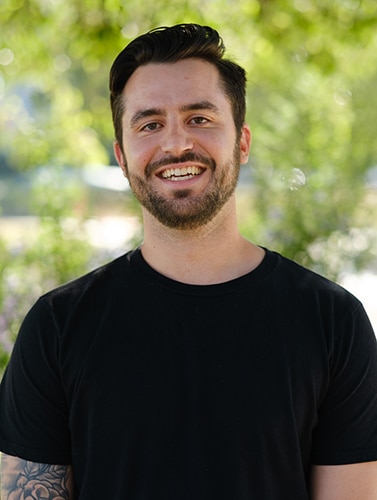
Patrick Toste, Creative Director for Highopes
“With the increase in traction of niche product categories (i.e. beverages, infused pre-rolls, and fast-acting gummies) we anticipate a strategic shift in brands being built around specific target consumer segments. Rather than employing a traditional “catch-all” approach, we’re finding that brands that understand and cater to the unique wants, needs, and desires of a focused audience are experiencing the most success. It’s all about knowing your customer better than they know themselves!”
Visit website
Consumer Packaged Goods (CPG)

Lulu Tsui, Co-founder and Chief Experience Officer at On The Revel
“As we are harvesting our first crop in New York, the sentiment is that our flower is going to be sub-par because it is grown outdoors. What’s currently popular in the unregulated market is high potency hype strains that come with the elaborate bag game. As consumers become exposed to different types of flower strains, products, brands, I think the narrative that high potency is the only indicator of quality cannabis will change.”
Visit website
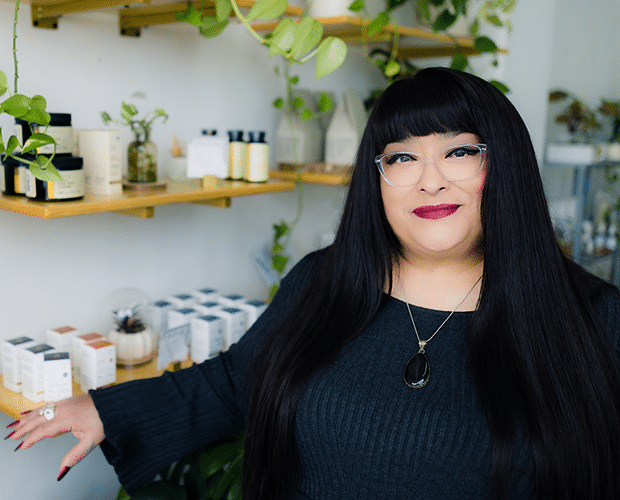
Christine De La Rosa – CEO & Co-founder at The People’s Ecosystem
“In 2023, a prominent cannabis trend we’ll see is consumers more interested in how cannabis products, outside of flower, are made and produced. Consumers will be looking for organic, vegan, and all-natural made ingredients. Any cannabis company still using masking agents, chemicals, emulsions, and surfactants to create products is behind the times. All natural delivery systems using proteins to organically deliver cannabis to your system in clean and repeatable experiences is the next BIG thing. With the new technology coming out across the U.S., I predict edibles will have hockey stick growth in 2023.”
Visit website

Darnell Smith – CEO & Co-founder of Mxxn
“Despite wider economic headwinds, cannabis-infused beverages will continue its growth trajectory in 2023. There will be an increased focus on collaborations that help build the category, as well as building the infrastructure to allow for true scale. Beverage has such a unique opportunity to expand the reach of the plant and it’s exciting to see the overall quality of the category improve exponentially year over year. As consumers and their consumption habits continue to evolve, the infused beverage segment is in a great position for long-term success.”
Visit website
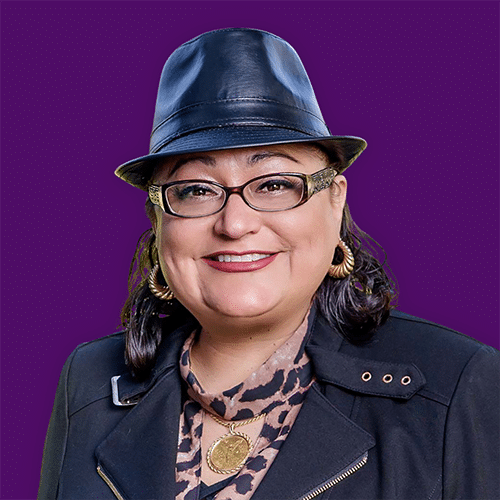
Melanie Davis – COO at The People’s Ecosystem
“In 2023, a cannabis trend we are expecting to see is more BIPOC and women-owned brands edging out CPG’s subpar weed products. This will be the year BIPOC and women-owned brands begin dominating the shelve space and invite the masses into the cannabis culture we carry forward with our pure ancestral medicine.”
Visit website

Lex Corwin – Founder & CEO of Stone Road
“I think 2023 will be a pivotal year for cannabis. Not only are we expecting SAFE banking to pass in the next 12 months but federal rescheduling of cannabis will usher in the third wave of badly needed cannabis investment. This influx of fresh capital will allow brands that have proven themselves in their home market to expand out into new states. We will continue to see a wave of M&A activity as companies prepare for the eventual entry of the alcohol, tobacco, and pharmaceutical industries.”
Visit website
Daryn Medwid – Chief Revenue Officer of West Blvd Cannabis
“Legal cannabis in 2023 will lean into its future as a true CPG business. Leading companies are already digging into consumer insight data and creating innovations tailored to specific consumer occasions and need states. Those that continue to launch products without doing the consumer work are doomed to fail. Trying to achieve market share without a full understanding of the consumer lead to the insolvencies, M&A and predatory financing that we’ve experienced over the past year. Creating an innovation pipeline supported by consumer insights, tight overheads and the flexibility to adapt provide an opportunity for brands to sidestep the extinction event we’re experiencing now.”
Visit website

Imelda Walavalkar – CEO of Pure Beauty
“2023 will be a year of conservation and expansion. Finding efficient business practices, being financially conservative – don’t overspend, don’t overbuild. We all know times are tough, so making smart choices and being resourceful is essential. However, there are unprecedented opportunities for those with strong brands and quality products. For example, New York–for all its craziness–feels more meritocratic than many other states. Many legal states have become oligopolies, so the NY market could be game changing for those of us without heaps of VC cash to pay lobbyists to attain license-monopolies. Entering a state of such great cultural importance as well as being such a big market is an exciting prospect for those of us wanting to participate more in a more democratic way.”
Visit website
Education

Martine F. Pierre – Founder and President of Cannalution
“As the United States cannabis market continues to develop further and legalization spreads, we will see a new influx of inspiring entrepreneurs, people wanting to transition careers, and advocates emerge. So expect to see more Universities and Colleges creating programs to meet the explosive demand for a skilled workforce in the cannabis industry. I also believe that more people will be looking for alternative ways to learn more about getting started in cannabis without securing a degree or certification. On the advocacy side, all eyes are on NYS, watching to see if they will be one of the very few states to get social equity right.”
Visit website
Marketing
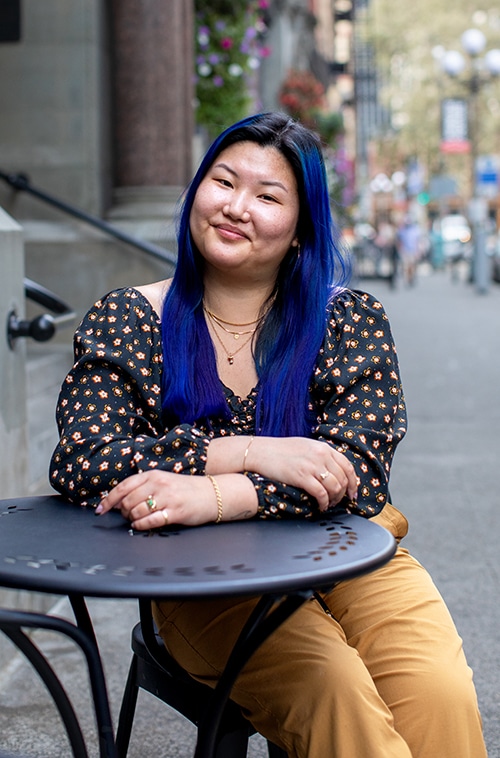
Kieryn Wang, Founder of ALMOSTCONSULTING
“With all that happened in 2022 and the consumer behavior shift that started at the beginning of the pandemic, transparency is going to be key in 2023. Transparency in processes, regulations, what people are putting in/on their bodies and who they’re giving their money to. Consumers want access to this information. They want to know they can trust the product and the company. Especially what happened with the tragedy at Trulieve, it’s more and more important for companies to be forthcoming in how they’re keeping their staff and their consumers and communities safe.”
Visit website

Victor Karpenko, CEO of MjSEOAgency
Organic search traffic will be even more valuable in the cannabis niche in most verticals, because so far it shows the highest return on investment in marketing. The competition will grow not only with marketplaces, but with local dispensaries and seed stores. All the problems will stay the same: not enough understanding in basic business processes, that slows down companies with growth. I think because of the niche perspective and predicted growth, even if the recession comes, we will see a lot of new players on the market next year.
Visit website

Nicholas Paschal – CEO of AlpineIQ
“There is more competition than ever before for retailers and brands. As we face recessionary pressure they will have to use data to speak to individuals, connect customers with the right products, and create a truly unique digital experience. Without having real time data to inform them, operators are left to create that strategy blindly.”
Visit website
Retail

Arshad Lasi – CEO of The Nirvana Group
“Cannabis retail stores will continue to adapt to a more educated and experienced consumer base, as cannabis is rapidly becoming ubiquitous and entering mainstream shopping and lifestyle experiences. In the coming year, I expect more distinct styles of dispensaries to open, attracting particular customer bases, rather than a one size fits all retail approach. Dispensaries will approach their shopping models in a similar fashion as grocery stores; for example, grocery stores and super markets may operate in the same region and offer the same categories of items, but they cater to different demographics, and shoppers expect to find different brands, product styles and price points within each store. Targeting different consumer demographics will be crucial, and branding will be key even in the retail sector.”
Visit website
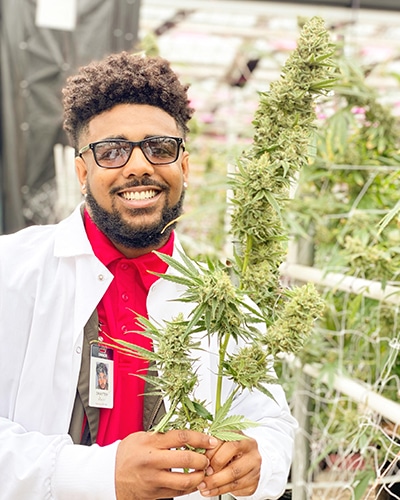
Drayten Howell – Founder and CEO of indacut
“The market is and will continue to consolidate as our industry matures. Although there are many hopeful laws and bills that will assist operators – the main goal is too last to see the change. Operators including myself need to focus on value add, customer retention, and differentiation overall. In addition your operation must generate lasting cash flow. This will be the year when operators who break out of their comfort zone, run lean and mean, with the primary goal of turning profitable will excel. New markets are turning on, people are getting back out and wanting to experience new things. Having a physical experience in parallel with a seamless virtual experience will be key in attracting customers. The delivery component of retail operations can and will set you apart if done right. I’m hoping for a breakout year for everyone fighting the good fight. It’s not always fair, right, or rewarding but the pioneering by each individual in this industry is what is pushing us forward TOGETHER with hopes of real change.”
Visit website

Lauren Carpenter – Co-founder and CEO of Embarc
“There’s been focus on the potential of east coast markets, but with regulatory implementation in states like New York we’re seeing some of the same mistakes playing out again. This gives California operators significant strategic advantage – if you’re surviving here, you can survive anywhere. We need to remain heads down, finding strength and support in our community to continue delivering the best products and experiences in cannabis today. This also means pushing the boundaries of how we interact with the plant, including meaningfully integrating it in festivals and events as part of a broader effort to destigmatize at scale.”
Visit website

Ivan Suslov – COO of IndicaOnline
“As consumers are becoming more sophisticated in purchasing decisions, dispensaries will adapt by bringing more diverse product lines onto their shelves. We will see more innovation in the infused products which will gain bigger market share. Contactless purchases will be on the rise as well. Delivery, curbside and online purchases will become even more popular and dispensaries will have to cater to their customers in order to stay relevant.”
Visit website



